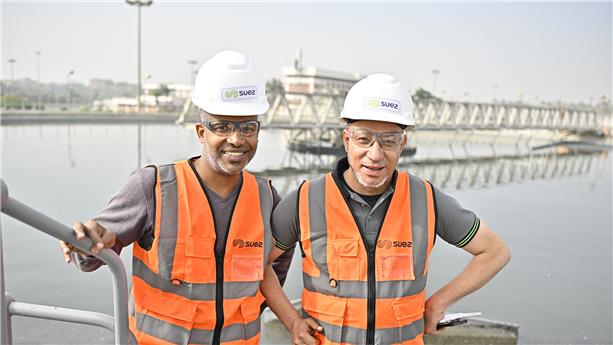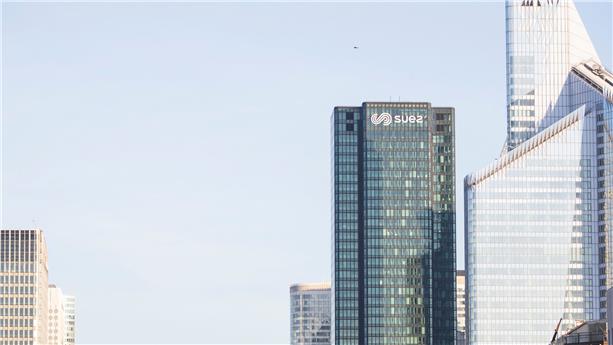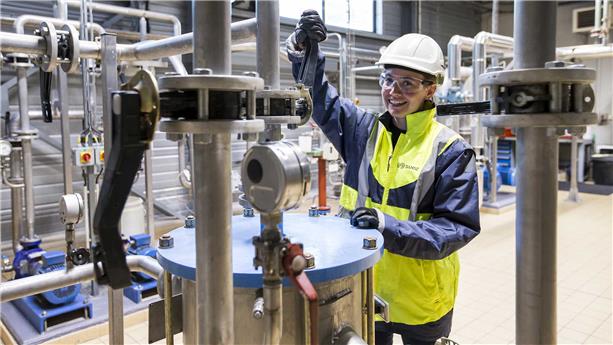
As a global leader in the water and waste management sectors, we have been operating for over 160 years all over the world. We provide essential services to protect the resource and improve quality of life wherever we operate.



SUEZ - Dive into the blue world with Paul O'Callaghan for World Water Day
Credit: SUEZ group